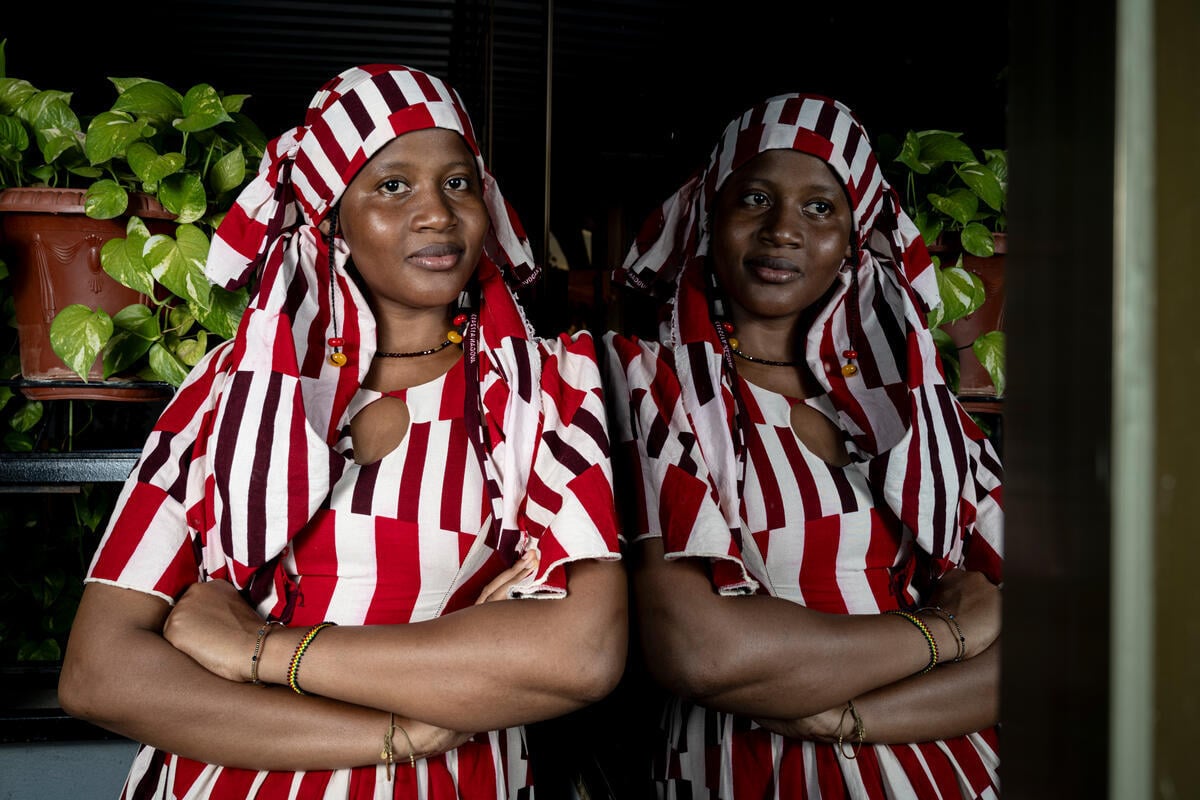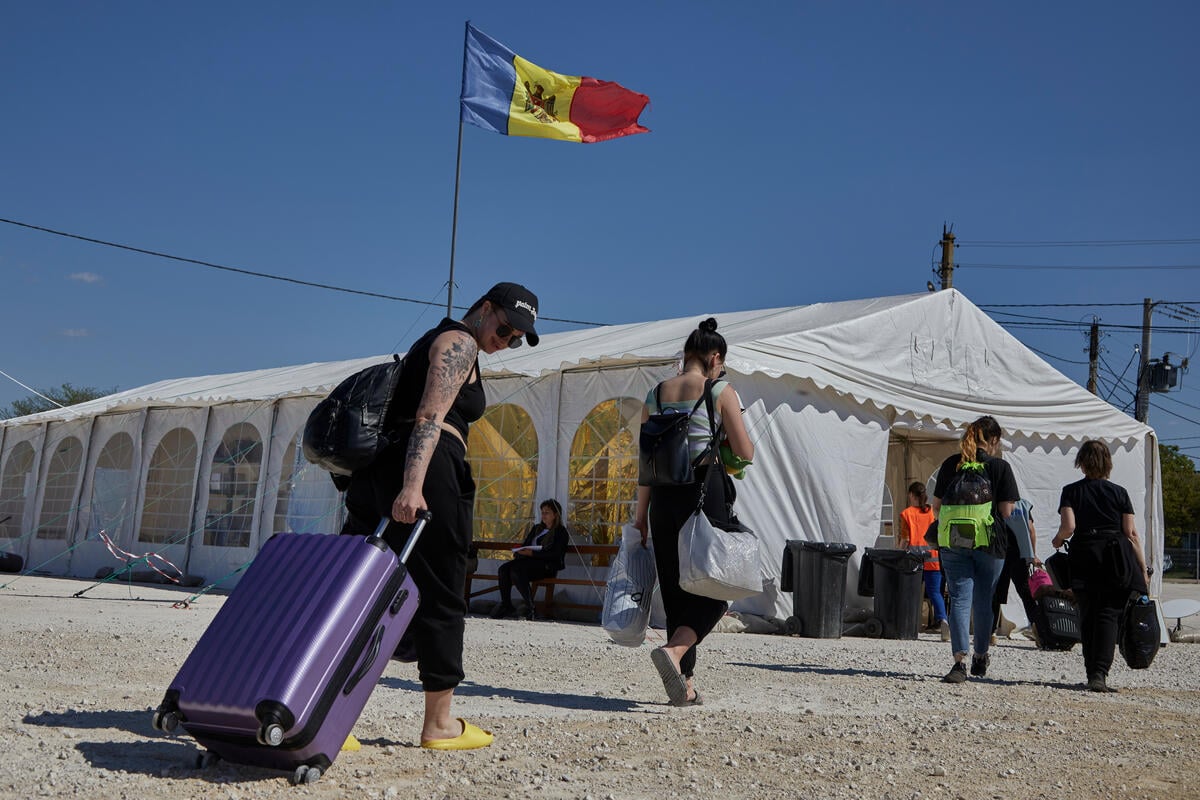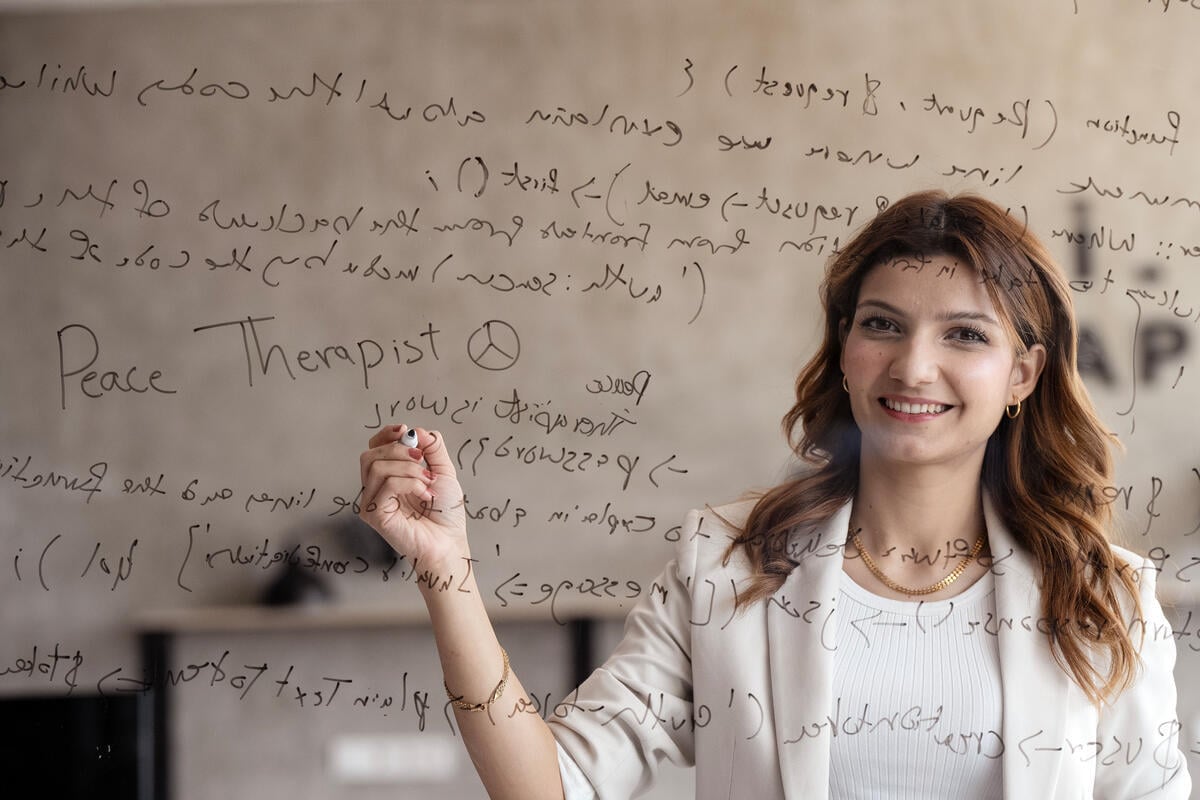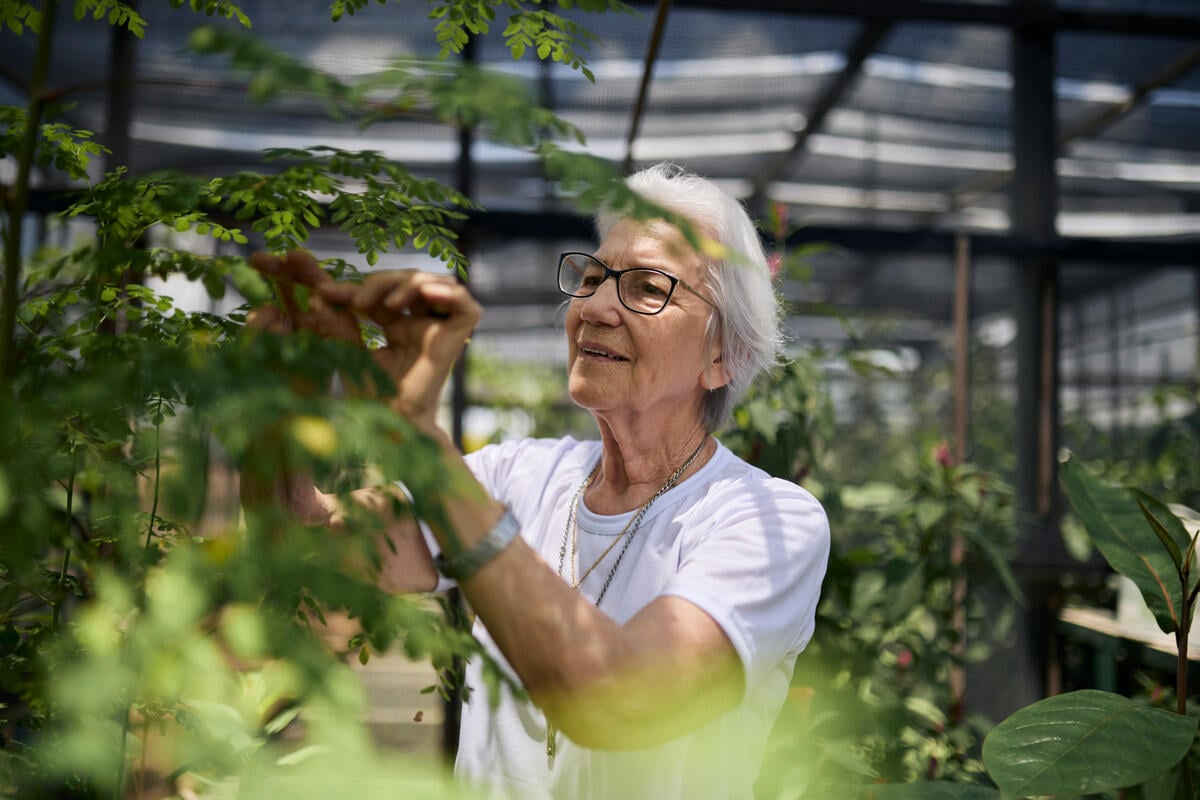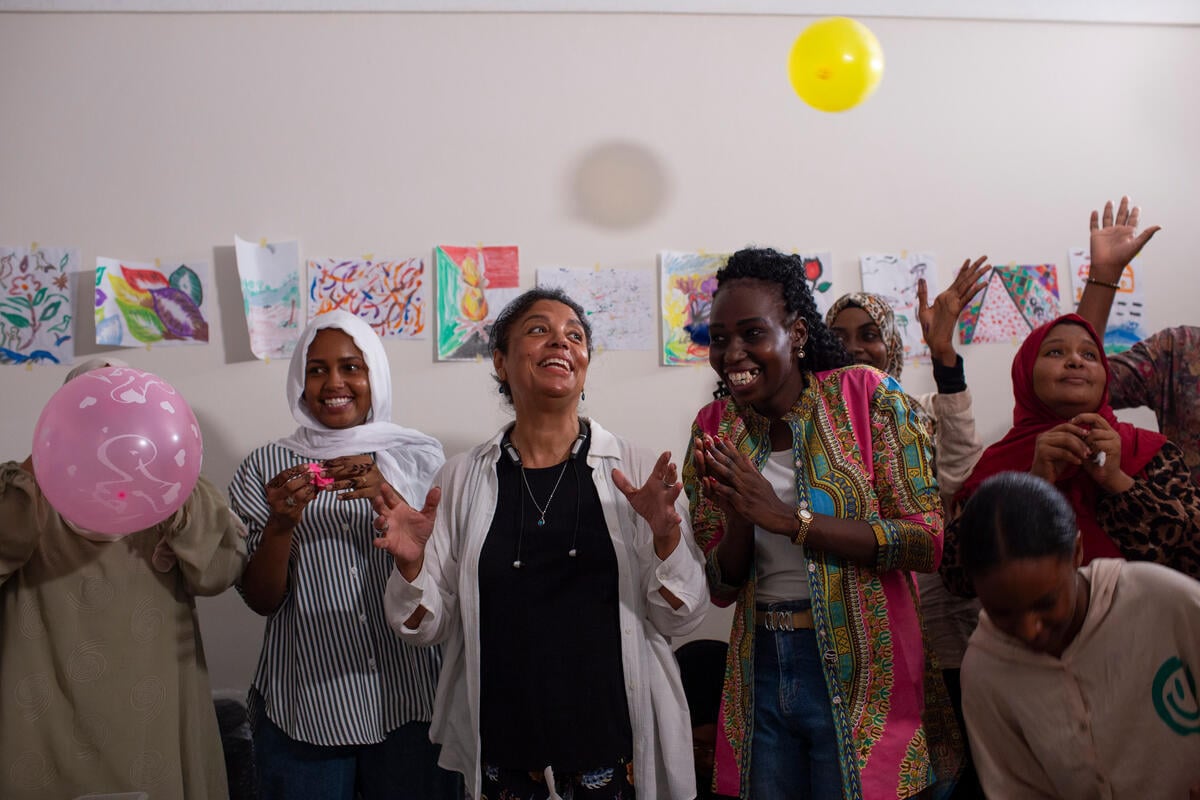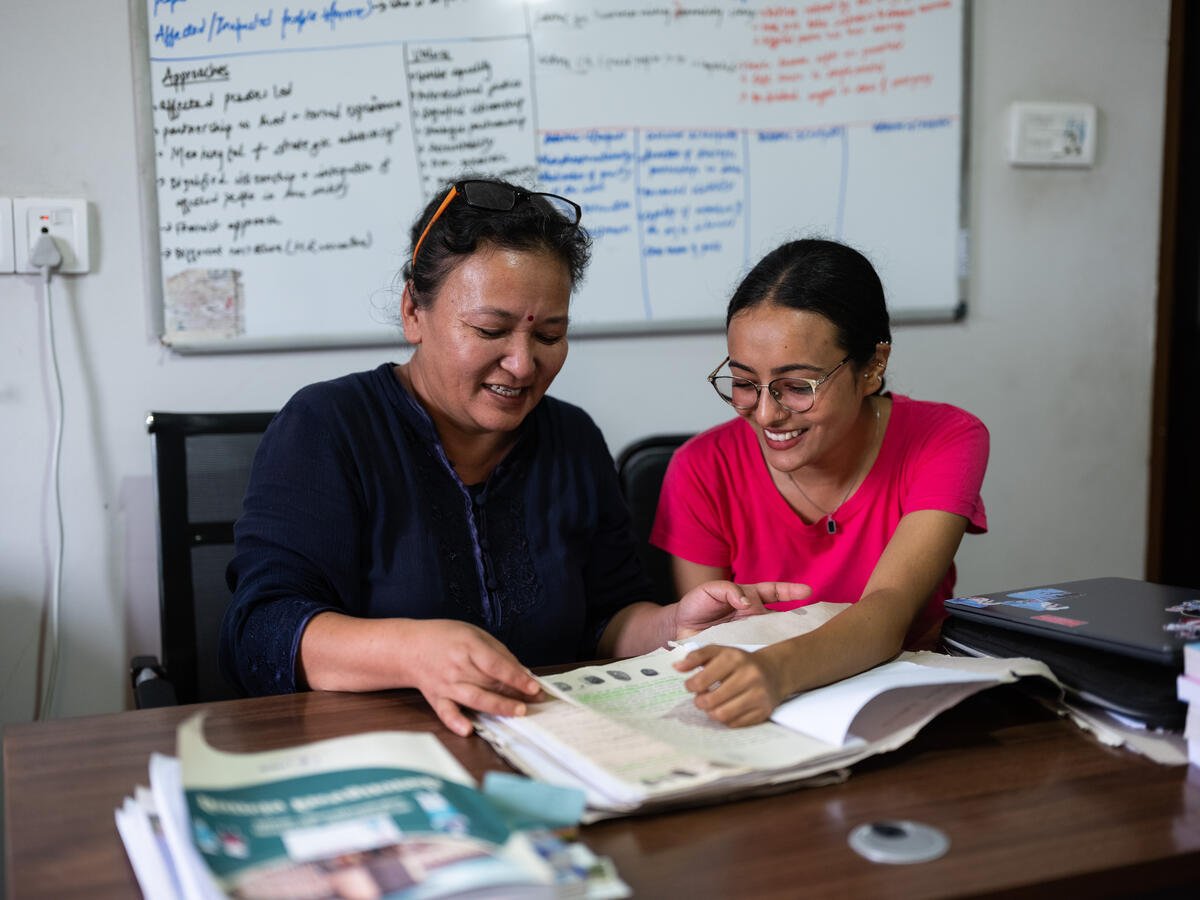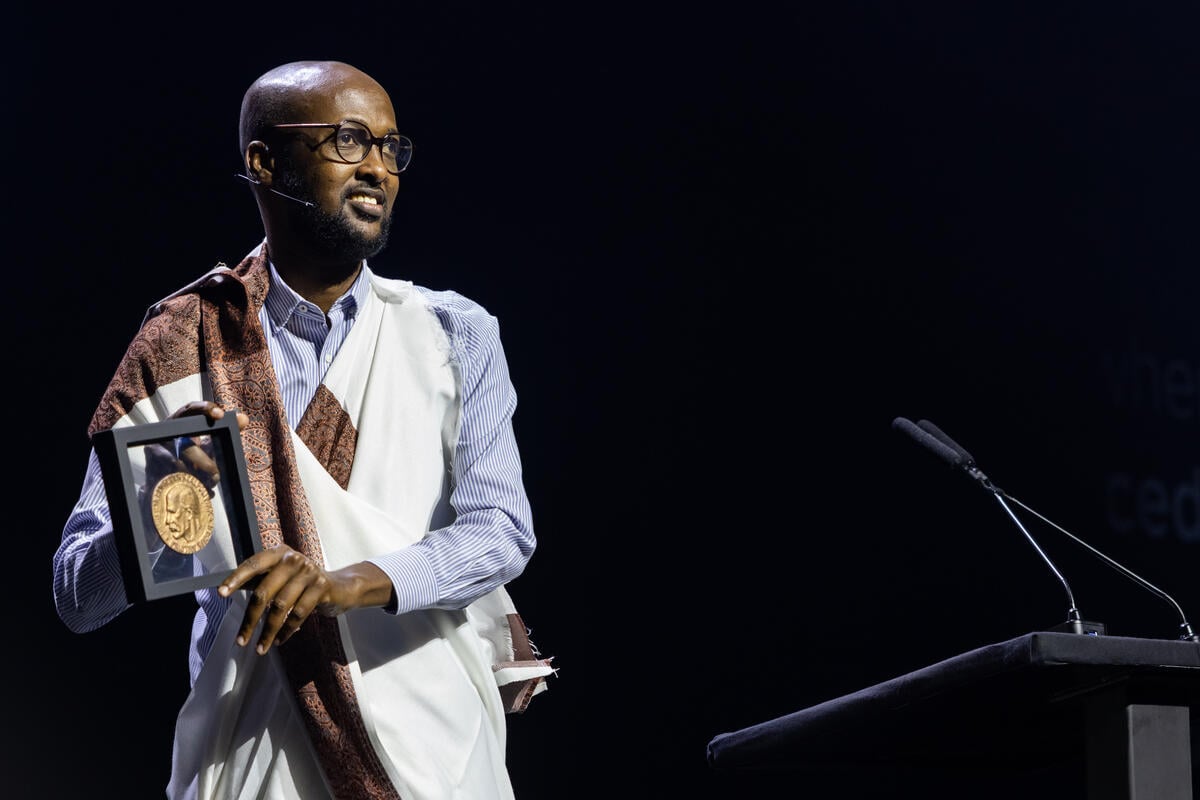Brazilian pioneer of refugee protection honoured at 2024 Nansen Awards
Brazilian pioneer of refugee protection honoured at 2024 Nansen Awards
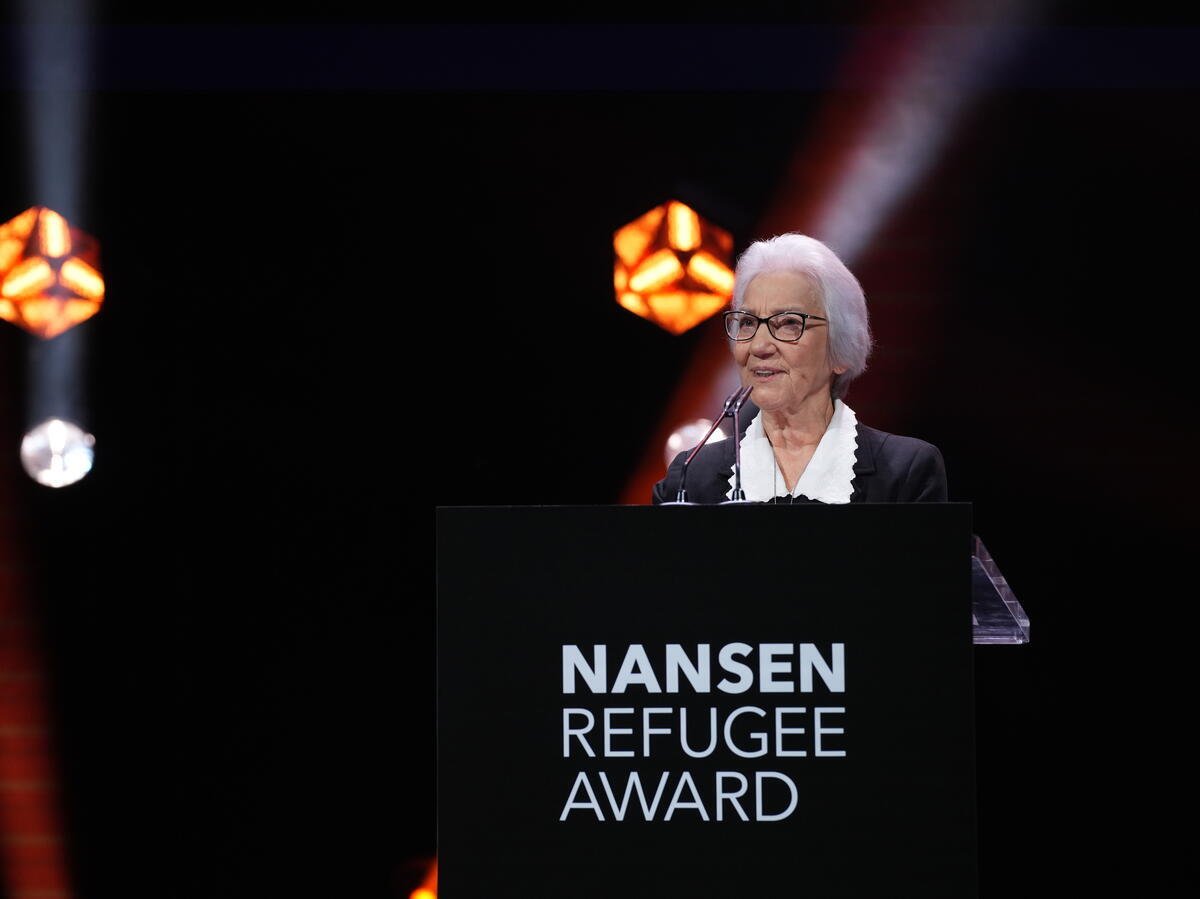
Brazil's Sister Rosita Milesi, the 2024 UNHCR Nansen Refugee Award Global Laureate, makes her acceptance speech during a ceremony in Geneva.
Sister Rosita, 79, played a pivotal role in the adoption of Brazil’s 1997 Refugee Law, extending its protections to more people seeking safety in the country by expanding the definition of who is a refugee. She is a key national authority and advisor on refugee issues who, for the past 25 years, has led the Migration and Human Rights Institute (IMDH), helping refugees and migrants from around the world access documentation, assistance and formal employment in Brazil.
“I am pleased to say that I am not tired of fighting for this cause, which affects millions of refugees and displaced people,” Sister Rosita said during her acceptance speech. “I include in this award all the people with whom I have had the opportunity to share my time and from whom I have received lessons of hope, faith, and courage.”
The annual awards ceremony took place against the backdrop of escalating conflict in the Middle East and protracted crises in Sudan, Ukraine, Myanmar and beyond, which have driven the number of forcibly displaced people worldwide to 123 million.
Sister Rosita had a message for those with the power to start – and stop – such conflicts.
“Allow me, please, to make a plea to those in power who use weapons that destroy life: replace them with respectful and open dialogue in a sincere pursuit of peace,” she said. “How much longer will we witness the killing of innocent children by the senselessness of war or witness starving in a world so rich in resources and possibilities.”
Women leaders
Also recognized during the ceremony, which was presented by South African actress, TV personality and humanitarian Nomzamo Mbatha, were four courageous women leaders awarded regional honours for 2024. Asia Pacific winner Deepti Gurung was recognised for her efforts to reform Nepal’s citizenship laws, opening a path to nationality for thousands after a years-long struggle to secure citizenship for her own two daughters. Activist Maimouna Ba received the Africa award for her work empowering women and helping displaced children in Burkina Faso access education.
For the Middle East and North Africa region, Sudanese refugee Nada Fadol was honoured for her grassroots efforts in Egypt to provide aid to refugees from Sudan and elsewhere, while social entrepreneur and former Syrian refugee Jin Davod won the Europe award for providing free mental health support to thousands of trauma survivors in Türkiye through the online platform she created.
Acknowledging the ongoing conflicts and myriad challenges currently facing the world, UN High Commissioner for Refugees Filippo Grandi emphasized how important it is to celebrate the positive achievements embodied by Sister Rosita and this year’s regional winners.
“The fear that I always have – that many of us have – is that we [witness] these tragedies…and we lose hope,” Grandi said. “So, the people who receive these awards, I think they have this message for us today: don’t give up. Solutions are possible, even in a very troubled world. Humanity is still alive – they represent it.”
During the ceremony, there was also an honourable mention for the people of Moldova, who opened their doors and hearts to hundreds of thousands of refugees from the war in Ukraine. The winners were also celebrated with musical performances by Moldovan opera singer and UNHCR high-profile supporter Valentina Nafornița, US actress and UNHCR Goodwill Ambassador Kat Graham, and British singer-songwriter Emeli Sandé.
The UNHCR Nansen Refugee Award was established in 1954 to recognize individuals, groups or organizations who went above and beyond to help refugees, internally displaced or stateless people. It is named after Fridtjof Nansen, a Norwegian explorer, scientist, diplomat and Nobel Laureate who became the first High Commissioner for Refugees at the League of Nations in 1920.











